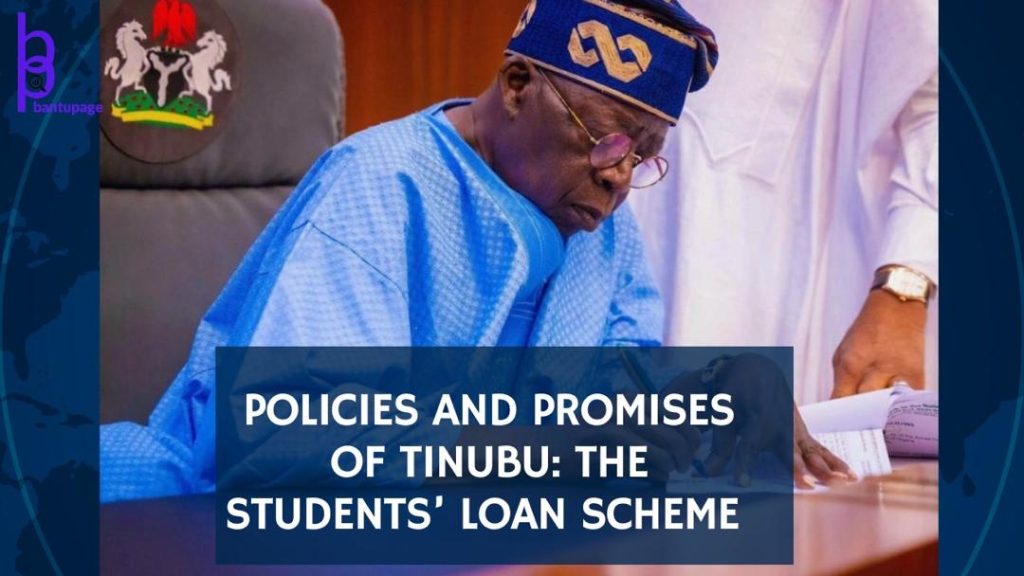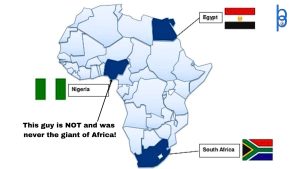
After several postponements, the launch of the Students’ Loan Act has been moved to an indefinite date
Manifestoes and policies are the driving force of a working administration. While manifestoes serve as the foundation of any successful or failed government, favourable domestic and foreign policies is the engine that propels the structure of the said manifestoes.
Two weeks after Bola Ahmed Tinubu took the reins of power as the number one citizen of Nigeria, he signed the Student Loan Bill into law under the umbrella of the Access to Higher Education Act, 2023. Femi Gbajabiamila, the former Speaker of the House of Representatives, introduced this bill in 2016. It is important to note that the initiation and subsequent signing of this bill into law can be traced to 1972 with respect to Gowon’s Decree No. 25, which birthed the students’ loan board. The aim of this bill is to make education accessible to all and sundry in Nigerian public universities. The Nigerian social media community would aptly describe this as an “audio policy.” Additionally, the approval of this bill raised concerns among the citizens bordering on stringent conditions surrounding the reach of its coverage, accessing the loan, and subsequent repayment.
The Nigerian Education Loan Fund (NELFUND) announced on March 13 that the Tinubu-led administration has shifted the launch of the Student Loan Scheme to an indefinite date. The action has the motive of fine-tuning as the factor for the temporary cancellation of its launch.
While some applaud the Tinubu-led government for the transition of the bill into law, others are heavily criticising the policy on the basis of its terms, conditions, and sustainability. Perhaps the government accepted the critique in good faith and embarked on an indefinite mission to fine-tune the policy.
Propaganda, as some would argue, is the epicentre of every administration in power. In Nigeria, it thrives in such a manner that its inhibitors, the ruling class, look forward to a premeditated outcome. It’s such a deadly plant that found its root among policymakers in Nigeria. This administration has announced numerous domestic and foreign policies bordering on the economic, military, and political spheres of the Nigerian polity, which has flowed with the water. If the Student Loan Act is one of those in the pipeline, would it remain there indefinitely or go down the drain? Is walk the talk an absent phrase in the dictionary of the Nigerian government?
By Chidimma NWAFOR





